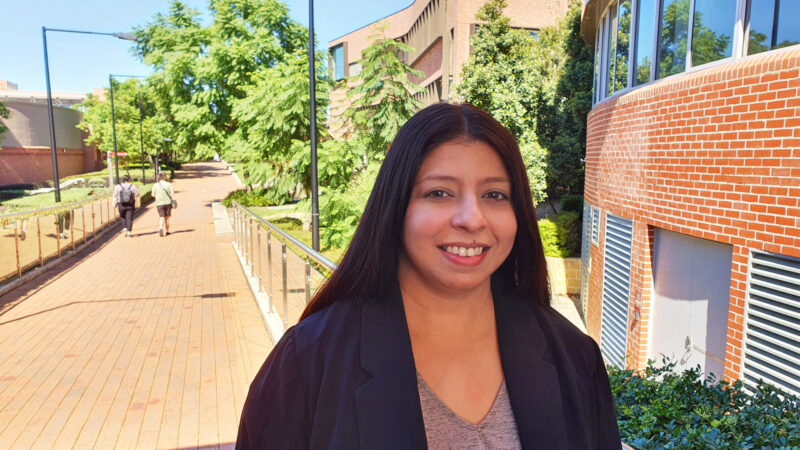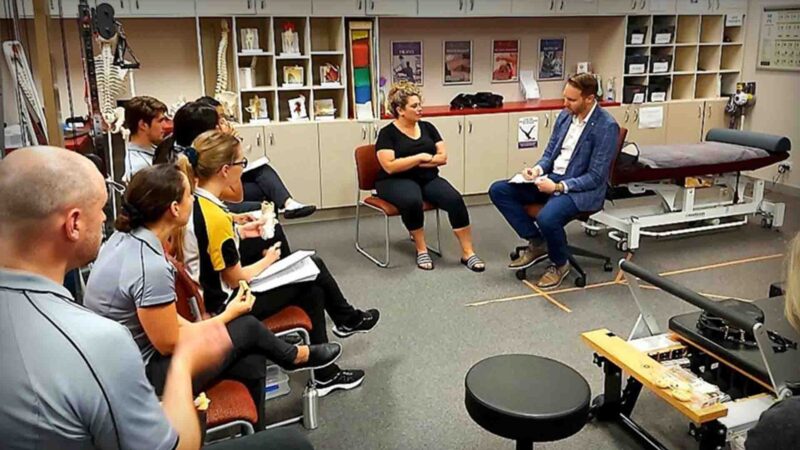In 2023, there are a number of changes occurring in dental services including the start of a new Senate inquiry and new registered nurses in residential aged care. Yet in the meantime there are gaps and delays in dental and oral health interventions for elderly Australians, unless training is more widely deployed.
Dental and oral health are important for the elderly for a number of important reasons:
- Maintaining overall health: Good dental and oral health are important for maintaining overall health in the elderly. Poor oral health can contribute to a range of health issues, including cardiovascular disease, diabetes, and respiratory problems.
- Nutrition: Maintaining good oral health is essential for proper nutrition, particularly for the elderly who may have difficulty eating due to tooth decay or missing teeth. Poor oral health can lead to malnutrition, which can exacerbate existing health problems.
- Pain management: Dental problems such as cavities, gum disease, and tooth infections can cause pain and discomfort, which can be particularly challenging for the elderly. Treating dental problems promptly can help manage pain and improve quality of life.
- Socialisation: Maintaining good oral health is important for socialisation and maintaining a positive self-image. Missing teeth or other dental problems can cause embarrassment and social isolation, which can negatively impact mental health and well-being.
- Preventing infection: Good oral hygiene is essential for preventing infection, particularly for the elderly who may be more susceptible to infections due to a weakened immune system. Poor oral health can contribute to infections such as pneumonia, which can be particularly dangerous for the elderly.
Overall, maintaining good dental and oral health is important for the elderly to maintain overall health, manage pain, improve nutrition, socialise, and prevent infections. Regular dental check-ups and good oral hygiene practices are essential for achieving and maintaining good oral health.
Australian Health Journal spoke to Leonie Short, a dental therapist working for Seniors Dental Care Australia on what she considers are dental and oral health priorities for the elderly, based on her work in the aged, home and disability sectors.
She passes her thoughts on the repetitive findings likely identified by the new Senate Select Committee into the Provision of and Access to Dental Services in Australia. She sees the need for funding a Seniors dental benefit scheme as the higher priority instead.
Leonie also speaks to the upcoming requirement for residential aged care having a registered nurse on site. There is a gap in the knowledge and evidenced based oral health care in residential aged care, for even cleaning of teeth or dentures. This training is provided by her organisation to nurses, support workers and carers.
Leonie recognises in Australian society, more elderly people are retaining their natural teeth, with crowns, implants and partial dentures and can be very complex to manage. However in her 9 years working in aged care settings, she clearly sees a lack of oral health care training.
You Might also like
-
Orthopaedic surgeon driven to understand & manage infection
In tandem with his clinical practice, Associate Professor Tetsworth is deeply engaged in orthopaedic research, with a keen interest in infection management, infection control, limb salvage, bone defect reconstruction, biomarker development for infection, bone growth hormone delivery, and the use of 3D printed models for reconstructing segmental bone defects.
-
Caring for community
With a passion for helping people, Carina Fernandes in her final year at Western Sydney University received accolades as a nursing student. Now a recent graduate, having completed her Bachelor of Nursing (Advanced) degree, and recognised as an Emerging Nurse Leader 2021 by the Australian College of Nursing, Carina has her sights set on her new role in healthcare, at the same time keeping sustainability top of mind.
-
Specialist physiotherapist successfully mixes online & in-person
Dr. Kieran Richardson (FACP) is a Specialist Physiotherapist, conferred by the Australian College of Physiotherapists (Australian Physiotherapy Association) in 2016. Dr Richardson is the Director of Global Specialist Physiotherapy, a consultancy company providing online Formal Mentoring and Professional Development individual clinicians, clinics, and groups, as well as Second Opinions to clinicians and directly to patients all around the world.



